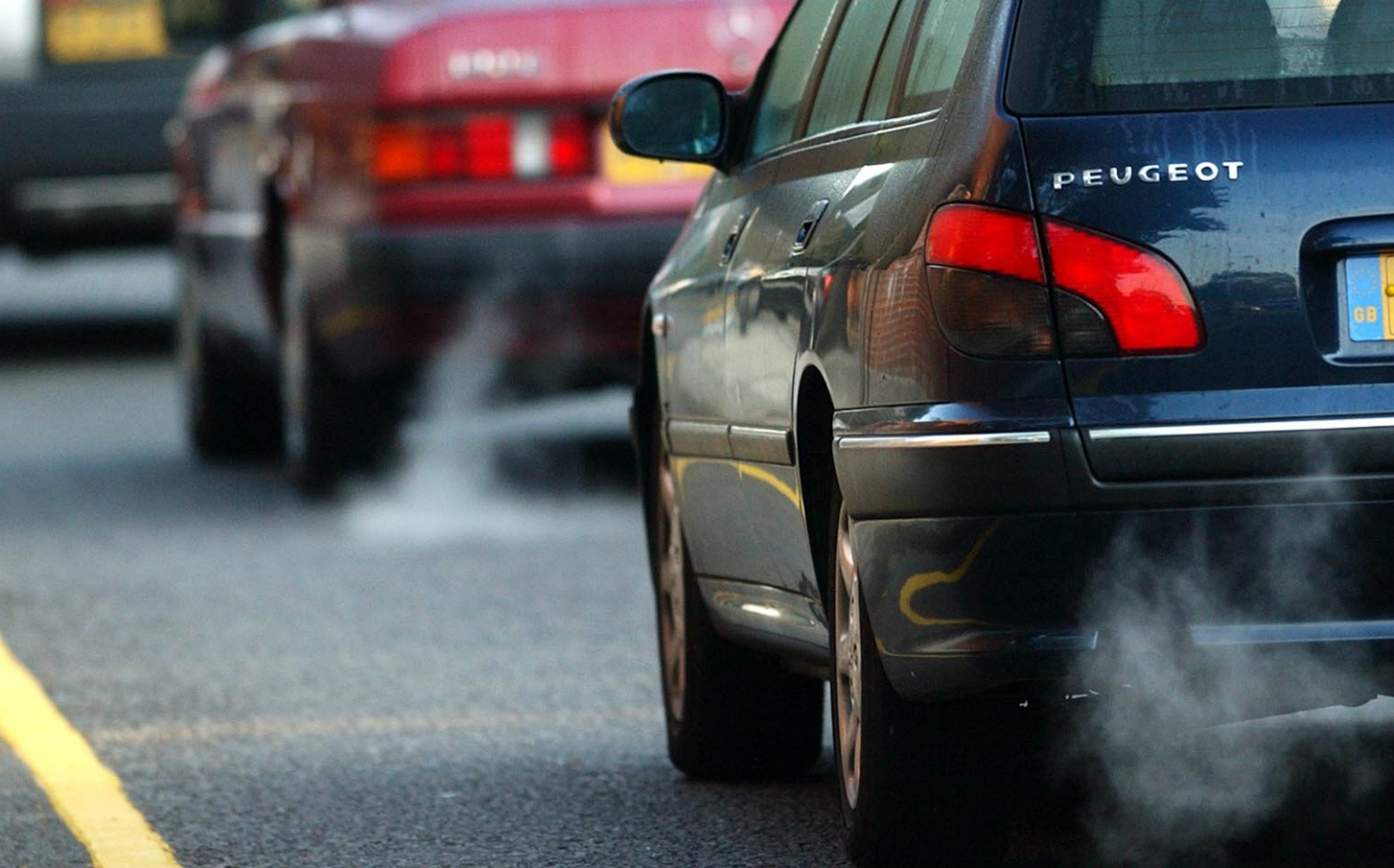Diesel tax anger as new models beat petrol in NOx pollution tests
Findings call into question planned road tax rise for diesels
SOME NEW diesel cars are much less polluting than new petrol cars, according to research.
Independent tests have identified 11 diesel models, including the Volkswagen Golf SV, Mercedes-Benz E class and BMW 5 series, that emit very low levels of toxic nitrogen oxides (NOx).
The findings by Emissions Analytics, a testing company that helped to expose the health threat from diesels, raise questions about the wisdom of road tax increases on diesel vehicles.
Browse NEW or USED cars for sale
The 2016 3.0 litre BMW 5 Series, the least polluting diesel, emits only 23 milligrams of NOx per kilometre, less than a third of the legal limit of 80mg/km. The 2016 petrol Renault Kadjar 1.2 litre emits 130mg/km, six times as much as the diesel BMW.
The results lend support to calls by motoring groups to Philip Hammond, the chancellor, to rethink planned rises in road tax, from April 2018, for diesel-powered models.

The cleanest 10 per cent of new diesel cars emit an average 70mg of NOx per kilometre whereas the dirtiest 10 per cent of the petrol models emit 129mg/km, according to the tests, which involve driving on roads in contrast to the official tests that are conducted under laboratory conditions.
Several councils have introduced higher parking charges for diesel cars regardless of their emissions. Islington council in London plans a £2 per hour surcharge from January for diesel vehicles of any age using short-stay parking.
Sadiq Khan, the mayor of London, plans to extend the toxicity charge introduced last month to cover all pre-2016 diesels from April 2019 and increase the daily fee from £10 to £12.50.
Nick Molden, founder of Emissions Analytics, said many new diesel models were still highly polluting but the results showed that it was wrong to “demonise” all cars with diesel engines.
“These real-world findings cast doubt on blanket taxes on diesels being the best policy,” he said. “It makes no sense to punish or tax diesel as a technology per se, just dirty cars whatever their type.”
He said car companies had reduced NOx emissions on the cleanest diesels by fitting more effective pollution controls. These tend to be selective catalytic reduction systems, which involve injecting urea solution into the exhaust fumes to neutralise NOx. They require a 10-20 litre tank for AdBlue, the commercial name for the solution.
Mr Molden said many car companies had previously opted for cheaper systems, such as lean NOx traps, which were less effective, partly to save money but also because they thought drivers would object to having a urea tank, which needs to be regularly refilled and takes up space in the boot.
Edmund King, president of the AA, said 17 years after the Labour government had ignored air pollution issues by encouraging diesel, there was now a danger of going too far in the opposite direction. “We could be shooting ourselves in the foot again,” he said.
“For the next ten years we will need a range of fuels including diesel because for heavy trucks and towing vehicles it is still king and there is nothing better.
“If you don’t live in a city centre and do a lot of motorway miles, a clean new diesel can be the best bet overall for the environment, balancing climate change and air pollution.
“New diesel taxes are a kneejerk reaction to the air pollution problem.”
He said there was no need to heap more penalties on diesel owners. Sales of new diesels fell 30 per cent last month compared with October last year, with discounts 25.6 per cent higher on average than for diesels’ petrol counterparts, according to data from What Car?
Ben Webster
This article first appeared in The Times





